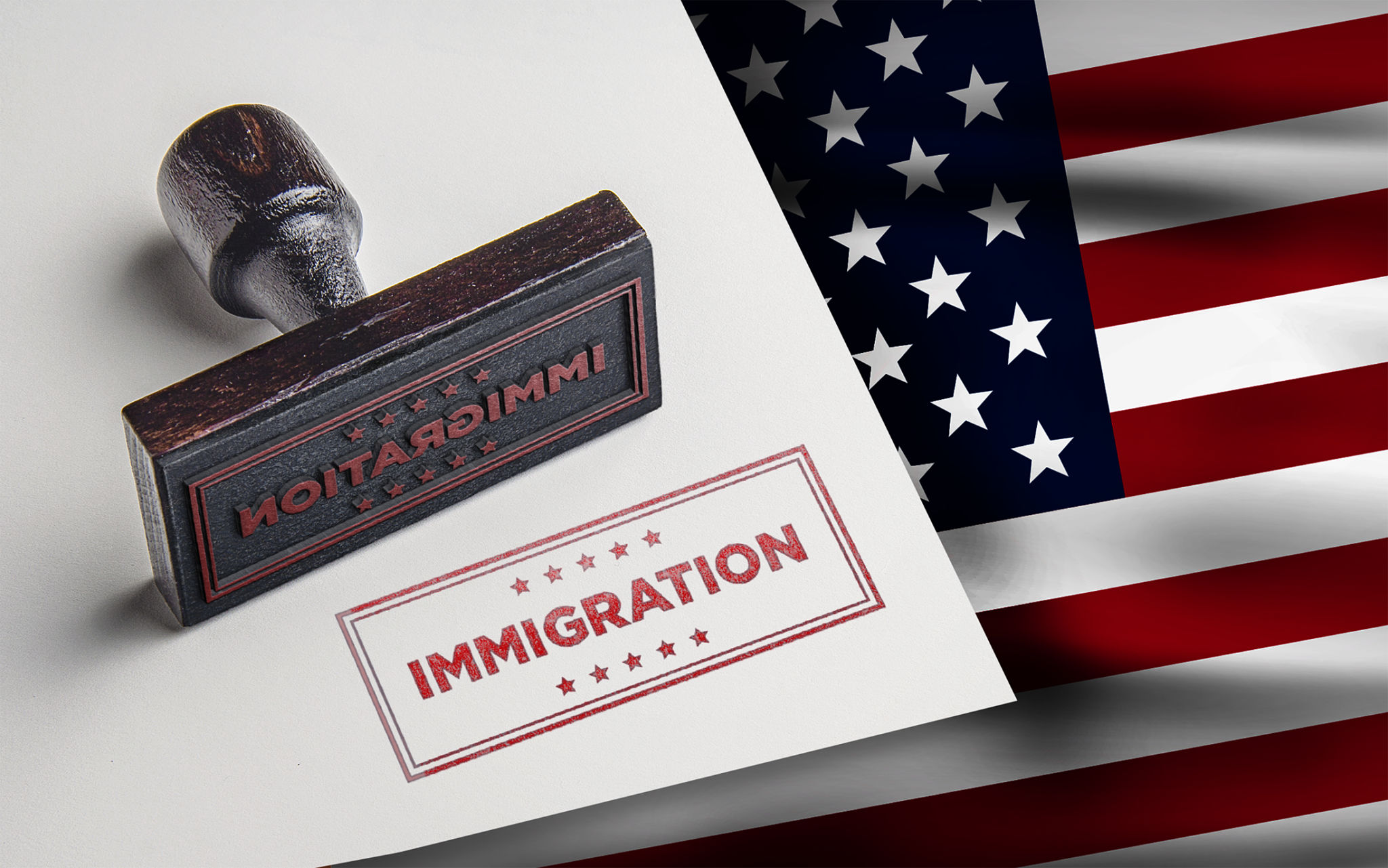Navigating Global Import and Export Services in Turkey: Key Insights and Tips
EL
Understanding Turkey's Strategic Position in Global Trade
Turkey's unique geographical location, bridging Europe and Asia, makes it a pivotal player in global trade. Its strategic position offers significant advantages for importers and exporters looking to access both continents. With its robust infrastructure and well-developed logistics networks, Turkey stands as a gateway for goods moving between major markets.

The Role of Free Trade Agreements
One of the key factors facilitating global import and export services in Turkey is its extensive network of Free Trade Agreements (FTAs). These agreements enable Turkish businesses to engage in trade with reduced tariffs and streamlined customs procedures. Understanding these FTAs can be crucial for businesses aiming to maximize their competitive edge in international markets.
Navigating Customs Regulations
While Turkey offers many opportunities for global trade, navigating its customs regulations can be challenging. Businesses must be aware of the specific documentation and compliance requirements to ensure smooth operations. Key documents often include commercial invoices, packing lists, and certificates of origin. Partnering with experienced customs brokers can greatly aid in avoiding potential pitfalls.

Logistics and Transportation Infrastructure
Turkey boasts a comprehensive logistics infrastructure, including modern ports, airports, and railways. This infrastructure supports efficient transportation of goods across borders. Companies should consider the most cost-effective and timely transportation options to optimize their supply chain management.
Key Tips for Successful Import and Export
For businesses looking to thrive in the Turkish market, here are some key tips:
- Conduct Thorough Market Research: Understand the demand for your products and the competitive landscape.
- Build Strong Relationships: Establish connections with local partners and distributors to facilitate smoother operations.
- Stay Informed: Keep abreast of changes in trade policies and regulations that may impact your business.
Leveraging Technology in Trade Operations
The integration of technology in trade operations can greatly enhance efficiency and accuracy. Utilizing digital platforms for tracking shipments, managing inventory, and processing payments can streamline the entire supply chain process. Businesses should consider investing in technology solutions that offer real-time data and analytics.

Challenges and Opportunities
While the Turkish market presents numerous opportunities, businesses must also be prepared for challenges such as fluctuating exchange rates and geopolitical uncertainties. Developing a robust risk management strategy is essential to navigate these challenges effectively.
The Future of Global Trade in Turkey
As Turkey continues to invest in its infrastructure and expand its trade partnerships, the future of global trade in the country looks promising. Businesses that proactively adapt to changing market conditions and leverage Turkey's strategic advantages will likely find significant growth opportunities.
In conclusion, navigating global import and export services in Turkey requires a comprehensive understanding of the market dynamics, regulatory environment, and logistical considerations. By staying informed and leveraging local expertise, businesses can successfully tap into this vibrant market.
